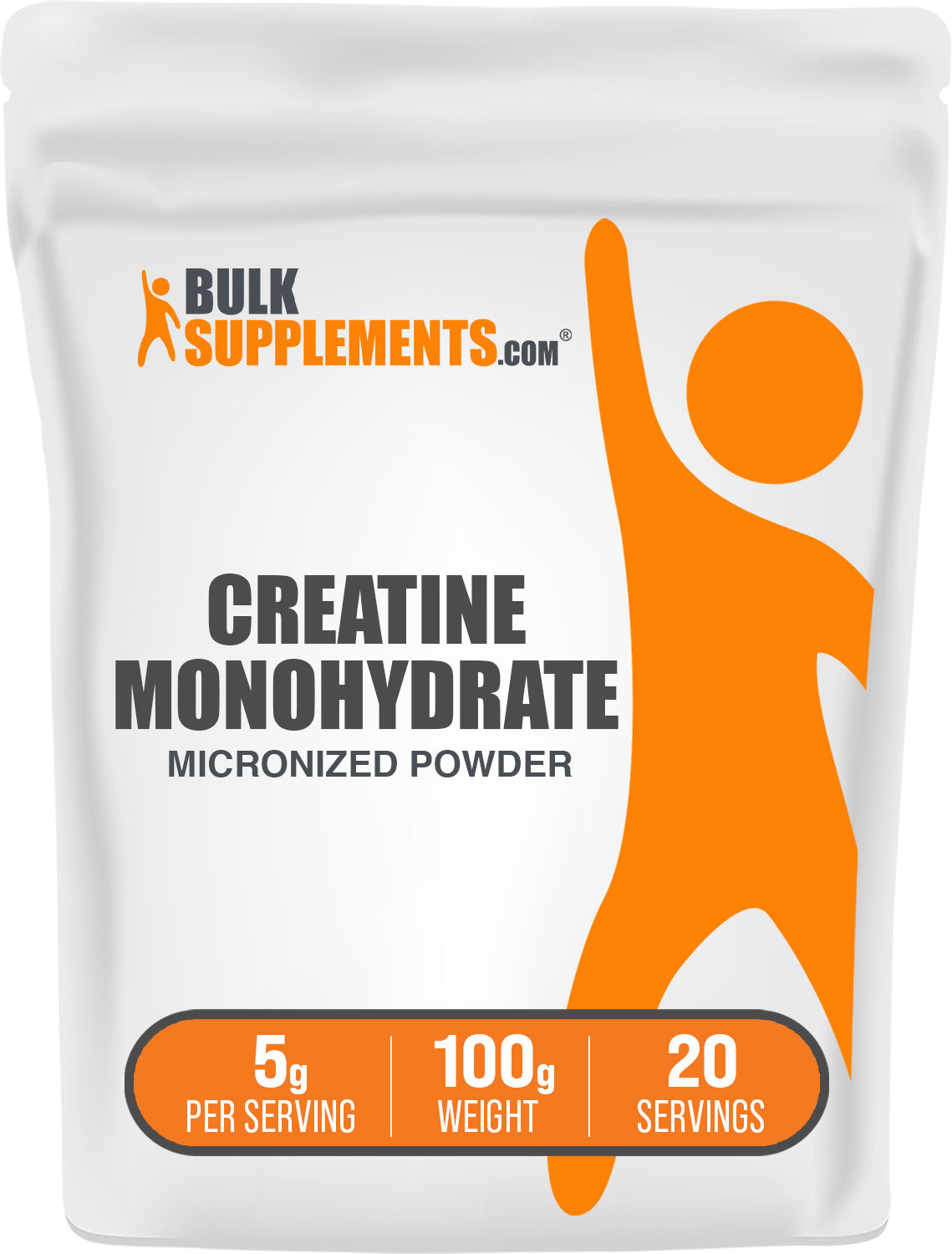Creatine for Menopause: A Closer Look
Understanding Menopause and Its Impact
Menopause, a natural part of aging for women, typically occurs in the late 40s or early 50s. It marks the end of reproductive years and brings a myriad of changes, both physically and mentally. Hormonal fluctuations can lead to a range of symptoms such as hot flashes, night sweats, mood swings, sleep disturbances, and a decline in muscle mass and bone density. These changes not only affect a woman's physical health but also her mental well-being and quality of life.

Creatine: Beyond Athletic Performance
Creatine, a substance found naturally in muscle cells, is renowned for its use in sports and bodybuilding. It aids in the production of energy during high-intensity physical activity. However, recent studies suggest that its benefits could extend to addressing some menopausal symptoms.
➡Muscle Health and Menopause
One of the significant challenges of menopause is the loss of muscle mass and strength, a condition known as sarcopenia. This decline can lead to physical frailty and decreased quality of life. Creatine supplementation has been shown to enhance muscle strength and mass, which could be particularly beneficial for menopausal women. By preserving muscle mass, creatine can help maintain physical independence and reduce the risk of falls and injuries.
➡Bone Density and Estrogen Decline
With the decrease in estrogen levels during menopause, women face an increased risk of osteoporosis and fractures. While calcium and vitamin D are often recommended for bone health, emerging research suggests that creatine might also play a role in maintaining bone density. It could work by supporting the function and survival of bone cells, potentially offsetting the bone loss associated with estrogen decline.
➡Cognitive Function and Mood Changes
Menopause can also impact cognitive function and mood. Memory lapses, difficulty concentrating, and mood swings are common complaints. Creatine is essential for brain health, and studies suggest that it could help improve memory and cognitive function. Additionally, it may have a positive effect on mood and mental well-being, potentially mitigating some of the psychological symptoms associated with menopause.
➡Metabolic Changes and Weight Management
Many women experience changes in metabolism and weight gain during menopause. Creatine can play a role in maintaining a healthy metabolism. By supporting muscle mass, it helps maintain a higher metabolic rate, which can aid in weight management and overall metabolic health.

Safety and Dosage
It's crucial to consult with a healthcare provider before starting creatine, especially during menopause. A typical dosage is around 3-5 grams daily, but individual requirements may vary. If you're creatine-deficient as it is, you may consider a higher dose. We recommend the doctor's order if that's a concern. For most people however, 3-5 grams per day will suffice.
Where to Find It
We're simple here. We recommend Bulk Supplements brand creatine, as it's some of the most affordable and most versitile of the high-quality pure creatine monohydrate available on the market. Mix it with coffee.... mix it with your favorite juices. It mixes well with anything and makes it easy to take consistently.
Creatine offers a multifaceted approach to managing menopausal symptoms. By supporting muscle mass, bone health, cognitive functions, and metabolism, it presents itself as a potential ally for women navigating the challenges of menopause.
Creatine is well researched and many of the listed benefits above are quite conclusive. Creatine supplementation, combined with a healthy lifestyle, could play a significant role in improving the quality of life for menopausal women.
Remember, yourexperience with menopause is still unique, and what works for someone else may not work for you. A holistic approach, including lifestyle changes, dietary adjustments, and possibly supplements like creatine, should be tailored to each individual's needs and health goals.
For a full-explaination of creatine's potential benefits, check out this article published with the National Institute of Health.


Leave a comment